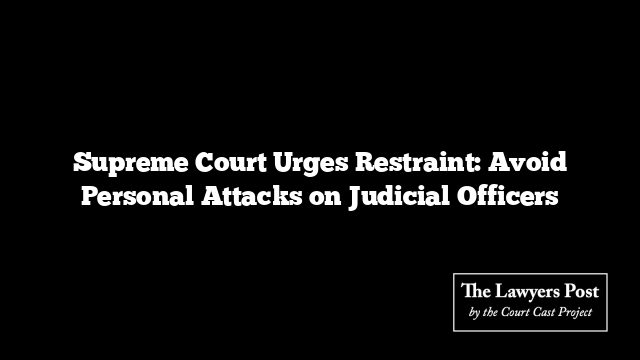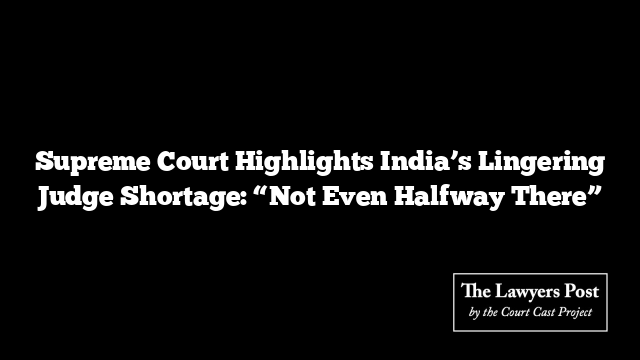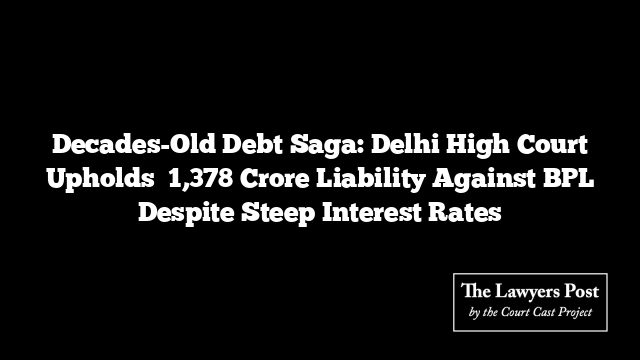The Supreme Court, while overturning the Delhi High Court’s adverse remarks against a Sessions Judge, delivered a strong reminder on the importance of measured criticism within the judiciary. The Court underscored that while higher courts hold the authority to review and overturn lower court decisions, comments should focus on judicial errors rather than personal judgments about the officer.
In its ruling, the Supreme Court emphasized that robust language is acceptable when critiquing flawed rulings but must remain relevant to the decision itself. “Criticism must target errors in the impugned order, not the personal conduct or competence of the judicial officer. The line between assessing decisions and attacking individuals must not be crossed,” the bench observed.
This decision arose from an appeal by a Delhi judicial officer who had criticized an investigation during an anticipatory bail case, stating that the inquiry appeared flawed and “fishy.” The Delhi High Court, in response to a police petition, issued harsh remarks against the judge, citing procedural guidelines that discourage courts from censuring police actions.
The Supreme Court found these High Court remarks unjustified and called for their removal, noting that judicial officers, like all professionals, can err under immense workload pressures. “Every judge, regardless of rank, is prone to errors. Passing personal strictures causes undue prejudice and embarrassment to the officer,” the ruling stated.
The Court also addressed a contentious procedural rule barring judges from critiquing police conduct, which the High Court later withdrew following Supreme Court disapproval. Highlighting the evolving demands on the judiciary, the bench pointed to the persistent stress caused by an increasing caseload and the long-unfulfilled goal of achieving a 50 judges-per-million population ratio in the judiciary.
In recognizing the human element of judicial work, the Supreme Court reinforced the need for mutual respect and professional restraint within the system, ensuring that corrections are made without compromising the dignity of its officers.





